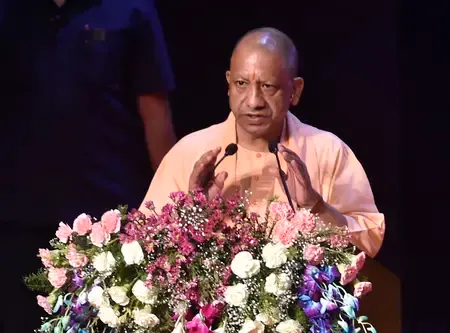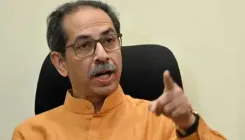Is Yogi Government Challenging the Supreme Court's TET Order?

Synopsis
Key Takeaways
- Yogi Adityanath directs a review of the Supreme Court TET ruling.
- Compulsory TET for all teachers may lead to job loss.
- Government cites teachers' experience as crucial.
- Recent suicides raise concerns over teacher stress.
- The ruling has far-reaching implications for educational standards.
Lucknow, Sep 16 (NationPress) The Chief Minister of Uttar Pradesh, Yogi Adityanath, has instructed the state's Education Department to initiate a review petition concerning the Supreme Court's ruling on the mandatory Teacher Eligibility Test (TET) for in-service educators.
The UP Chief Minister's Office announced this directive on X, stating, “The Chief Minister has mandated the department to contest the Supreme Court's decision regarding the compulsory TET for current teachers within the Basic Education Department.”
He emphasized that the state's teachers possess significant experience and have received ongoing training from the government, suggesting that their qualifications and years of service should not be overlooked.
This move follows the Supreme Court's recent decree making the TET compulsory not only for newly appointed teachers but also for those already in service, requiring them to pass the test within two years.
The ruling has far-reaching consequences for the education sector, affecting teachers who have been in positions since before the TET was enforced in 2011.
According to the Apex Court's decision, hundreds of thousands of educators in government, aided, and private institutions must pass the TET to retain their jobs, with any non-compliance resulting in automatic retirement with terminal benefits.
Although teachers with less than five years of service remaining are exempted from the mandatory TET, they still must pass the test for promotions.
The government's choice to contest the Supreme Court ruling based on teachers' experience is particularly pertinent in light of recent tragic incidents, including the suicides of two teachers in their late 40s and 50s, allegedly due to the stress of meeting the TET requirements. Their families reported that the court's order significantly contributed to their distress.









